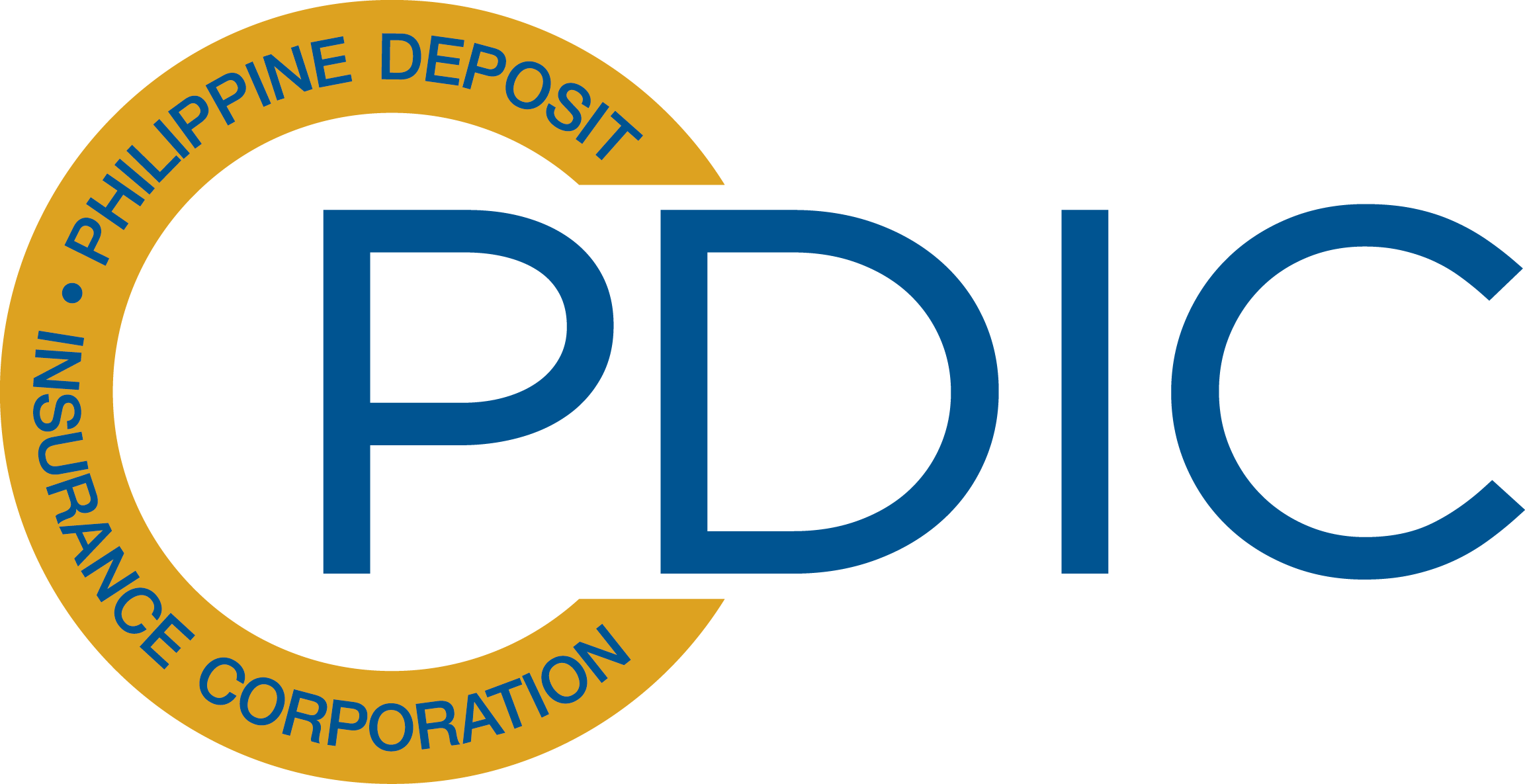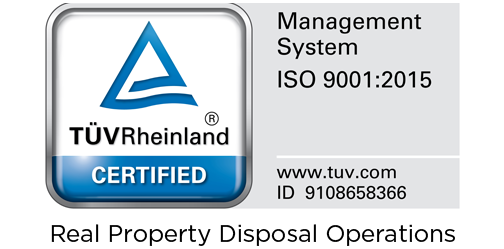| ARCHIVE | |||||||||||||||||||||||||||||||||||||||||||||
The risk of contagion from a Greek sovereign debt default |
|||||||||||||||||||||||||||||||||||||||||||||

THE recent election in Greece expressed a vote by the population against the austerity measures required by its sovereign creditors and espoused by the government. However, the results of the elections to the alignments of political power in Parliament have been inconclusive. Therefore, there is the need for another election this June. The implications of a clear vote against the austerity measures on the coming elections is believed to mean a vote against the terms that the creditors required and to which the Greek government and the creditors have signed off on for a restructuring of Greek sovereign debt and for fresh money to come in to meet maturing obligations of the sovereign. It is therefore believed that such a vote in June would result in a default on Greek sovereign debt. What does this mean to the European Union and the rest of the world? The Contagion Links Greece is a relatively small unit of the 27-member country European Union (EU). Its GDP for 2011 accounted for only 2 percent of the total output of the EU for the year. Its population is also just over 2 percent of the total population of the EU (please refer to the table below). However, a default by Greece could aggravate investor concern on two bigger economies whose continued access to the sovereign debt markets would be adversely affected. These are Spain and Italy. Together they account for over 21 percent of the GDP of the EU and its population. Thus, the danger of a Greek default is more of its impact on the investor confidence towards Spain and Italy than on its direct impact on the economies of the EU and the rest of the world per se. The bigger issue is the capability of the EU, the European Central Bank (ECB), the multilateral institutions and the rest of the world to insulate Spain, Italy and the whole EU because the economies of the EU countries are so fundamentally and substantially interconnected. Therefore, the term contagion looms as a very real risk not only to the EU but to the global economy because of the threat of a Greek default.
There are two great challenges to statesmanship and economic policy makers in June. The first is averting a default on Greece and keeping it in the Eurozone. In this respect, the body politic of Greece has to make a judicious decision on what is the best for their people and greater world community. Secondly, the economic policy framers of the EU must come out with policies that transcend national and local industry interests and develop policies that will enable the EU to survive and have stronger foundations going forward. *Written by PDIC President Valentin A. Araneta for Free Enterprise and published in the Businessmirror on May 30, 2012. Mr. Araneta writes for the Free Enterprise column as a member and officer of the Financial Executives of the Philippines (Finex). Requests for his past articles may be coursed through ccd@pdic.gov.ph. |
|||||||||||||||||||||||||||||||||||||||||||||
back |
|||||||||||||||||||||||||||||||||||||||||||||
This website uses information-gathering tools including cookies and other similar technology. Data generated are not shared with any other party. For more information, please refer to our privacy policy.
 PDIC is a government instrumentality created in 1963
PDIC is a government instrumentality created in 1963by virtue of Republic Act 3591, as amended, to insure
the deposits of all banks. PDIC exists to protect
depositors by providing deposit insurance coverage for the depositing public and help promote financial stability. PDIC is an attached agency of the Bangko Sentral ng Pilipinas.

Questions? Need Help?
Click Frequently Asked Questions
Trunkline.: (632) 8841-4000
Hotline: (632) 8841-4141
(for Metro Manila clients)
Fax No.: (632) 8841-4085
Email: pad@pdic.gov.ph
Client outside Metro Manila may call
Toll Free: 1-800-1-888-7342 or
1-800-1-888-PDIC

.png?Monday; April 29, 2024)

Hotline: (632) 8841-4141
(for Metro Manila clients)
Fax No.: (632) 8841-4085
Email: pad@pdic.gov.ph
Client outside Metro Manila may call
Toll Free: 1-800-1-888-7342 or
1-800-1-888-PDIC

.jpeg)
.png)


